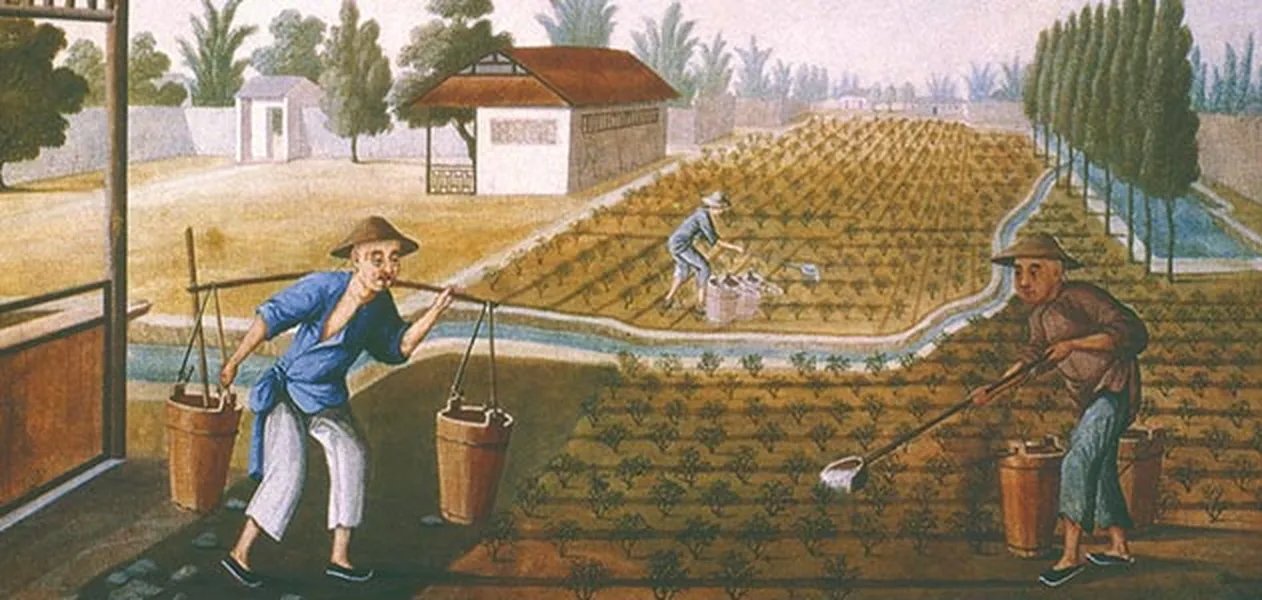
Cultural Appropriation?
The East India Trading Company sent a Scottish botanist to China for some heavy tea theft. In 1848, Robert Fortune (again, Scottish) disguised himself as a Chinese man to sneak into China to steal plants and other tea secrets. I have a hard time thinking the one picture I found is real, because it’s clearly a white man dressed in Chinese clothing. At any rate, Fortune did get what he was after. He was able to bring his knowledge and plants to India (still occupied by the British at the time) to begin cultivation on what has become a hugely successful industry for the country.

A Spiritual Connection
For much of my life, I sought a spiritual connection but found traditional religion lacking. My journey led me to Taiwan, where Taoism and tea culture reshaped my perspective. Tea, like Taoism, fosters self-reflection and detachment from materialism. Through the Chinese tea ceremony, I find clarity, peace, and personal growth.

Is Tea Medicinal?
I need to make something very clear before I get too involved with this venture. I do not drink tea for its medicinal benefits. I have absolutely no idea what kind of tea treats what kind of ailments. I’ve never had the slightest interest in learning about the benefits nor do I predict I ever will.

Why Am I Doing This?
In 2006(ish), I was hired to work on a film about tea. At the time, I didn’t know anything about tea nor did I care that I didn’t know anything about tea. I decided to work on this film because it was with my friends and it involved international travel. Also, I like jobs that pay.